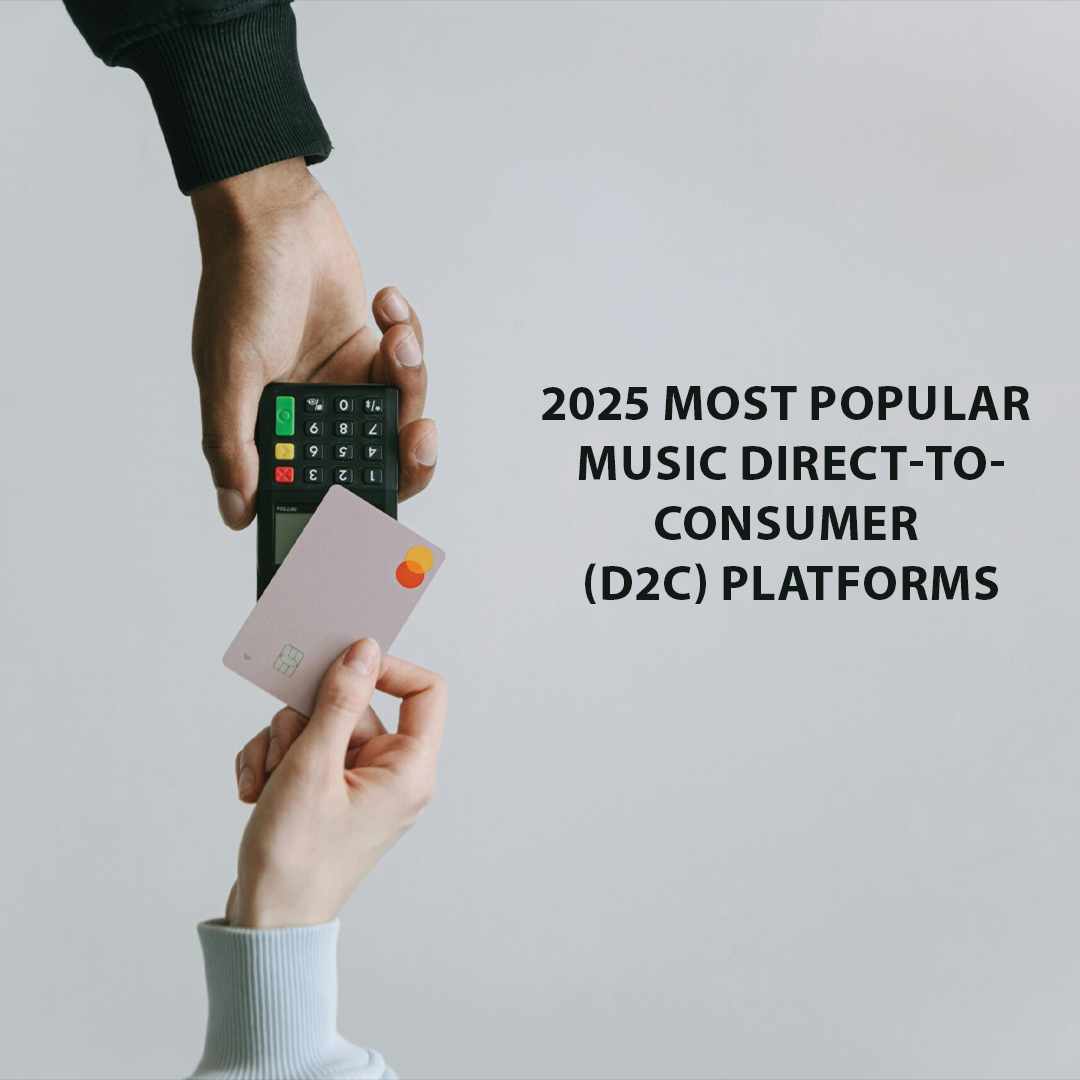In today’s music industry, independent artists are increasingly turning to Direct-to-Consumer (D2C) platforms to sell their music directly to fans and form deeper connections with them. With more control over pricing, distribution timing, and fan relationships, choosing the right platform can significantly impact an artist’s financial success.
What are Direct-to-Consumer (D2C) Platforms for Selling Music?
Direct-to-Consumer (D2C) music platforms allow artists to sell their music, merchandise, live experiences and exclusive content directly to fans, bypassing traditional record labels and streaming platforms. These DTC music platforms empower artists with greater financial transparency, higher earnings potential per fan, direct audience engagement, and the ability to build sustainable careers on their own terms. Unlike streaming services that rely on opaque algorithms and gradually declining fractional payouts, D2C platforms prioritize fan-driven support, where purchases go directly to the artist, often resulting in higher earnings per sale.
6 popular direct-to-consumer (D2C) platforms to sell your own music
This guide examines 6 common direct-to-consumer (D2C) music platforms. By comparing them across factors such as pricing, flexibility, and features, we aim to help independent artists make an informed decision when choosing how to monetize their own music directly to their fans.
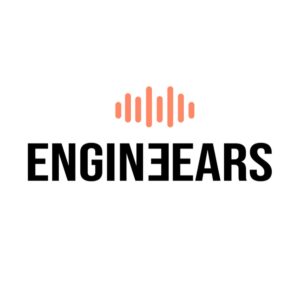
1. EngineEars Direct
EngineEars Direct is a new product developed by the trusted music collaboration platform company EngineEars. Direct is designed to streamline the process for independent artists to both sell music directly to fans and distribute it globally to all major streaming platforms. Direct aims to centralize the artist’s workflow, allowing for exclusive pre-release sales, flexible pricing, and seamless integration with hiring professional recording, mixing and mastering services offered via the EngineEars marketplace. The platform is particularly focused on empowering artists to maintain control over their music, pricing, and profits, while also providing promotional tools and the ability to apply earnings to future music production needs.
Pros:
- Simultaneous ability to sell music directly and release to streaming platforms
- Flexible plan options (subscription-only or commission-only) at affordable rates to maximize earnings
- Increase reach to new audiences with ad campaign features and promo tools
- Artists can convert earnings as credits for future music projects.
- Quick to setup and easy to use
Cons:
- Longer time to withdraw payouts
- Limited analytics on audience insights
Price Range: Free Artist Essentials plan with 10% commission fees on sales; or Artist Platinum subscription for $60/year with 0% commission fees on sales ($5/month).
Commission Fees: 0% if paid annual subscriber, 10% if free plan
Price Flexibility: Artists can set fixed prices or flexible “pay-what-you-want” prices.
Additional Sales Options: Pre-releases, limited/exclusive releases, merchandise, exclusive content, live experiences, services
Discoverability: Fan discoverability through search, Made on Engineers exposure and collaborator network. Relies on artist self-promotion.
Song Previews: Yes; artists can publish songs privately and publicly for fans to hear.
Withdrawal Speed: Daily, cash out 7 days after sales transaction.
Unique Features: Dual functionality: direct-to-fan sales and global streaming distribution in one tool. Seamlessly hire professional engineers or studios for recording/mixing/mastering services to make new music, simple setup social ad campaigns to attract audiences and fans.
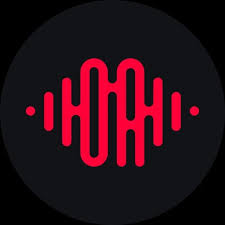
2. Official Artists
Official Artists emerged as a comprehensive solution for independent musicians seeking to maintain complete control over their revenue streams. The platform was designed specifically to address the modern independent artist’s need for an all-in-one marketing and sales solution without revenue sharing. Its focus on marketing automation and audience analytics positions it as a tool for data-driven artists looking to maximize conversion rates. The platform emphasizes direct artist-to-fan relationships through various communication channels and sales options.
Pros:
- 0% revenue share, allowing artists to retain full earnings from sales.
- Multi-page custom URL website builder with integrated tools for selling music services, merchandise, subscriptions.
- Advanced audience analytics, retargeting ads, and bulk messaging capabilities.
- Automation workflows for social media management and fan engagement.
Cons:
- No free tier; subscription model only (exact pricing is not transparently specified).
- Unable to sell songs and music direct to fans
- Invitation-only. Limited to only certain artists who can qualify to join.
Price Range: Monthly subscription (exact figures not disclosed).
Commission Fees: 0%.
Price Flexibility: Artists set prices for all offerings.
Additional Sales Options: Merchandise, services, fan meetings, tips, subscriptions.
Discoverability: No built-in audience discovery tools mentioned; relies on artist-driven marketing via social media.
Song Previews: N/A.
Withdrawal Speed: “No wait time” per platform claims, but specifics unclear.
Unique Features: Unified inbox for social media/email/SMS, automated retargeting audiences, earn from services (songwriting, song featuring, beat making), and direct booking system for fan meetings.
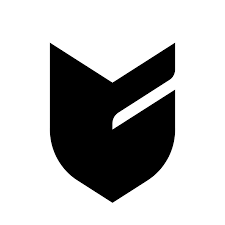
3. Big Cartel
Big Cartel launched in 2005 as an e-commerce platform specifically designed for artists, crafters, and independent creators to sell their work online. Though not music-specific, it has become popular among independent musicians for its straightforward approach to online selling and zero commission structure. The platform’s tiered pricing model allows artists to start with a free plan and scale up as their needs grow. Big Cartel emphasizes simplicity and customization, allowing artists to create branded storefronts without technical expertise.
Pros:
- Free plan available (Gold tier) with up to 5 product listings.
- Affordable paid plans (Platinum: $15/month, Diamond: $30/month).
- No commission fees; revenue goes entirely to the artist.
- Easy migration tools from Etsy, Shopify, or Squarespace.
Cons:
- Generic e-commerce focus; concentrated towards merchandising and drop-shipping.
- Lacks music-specific features like selling songs, streaming integrations and fan engagement.
Price Range: Free to $30/month.
Commission Fees: 0%.
Price Flexibility: Full control over product pricing.
Additional Sales Options: Physical merchandise, digital products, and services.
Discoverability: SEO-optimized templates but no native audience-building tools.
Song Previews: N/A.
Withdrawal Speed: Dependent on payment processors (e.g., Stripe, PayPal); typically 2–5 business days.
Unique Features: Real-time sales dashboard and integrations with print-on-demand services.
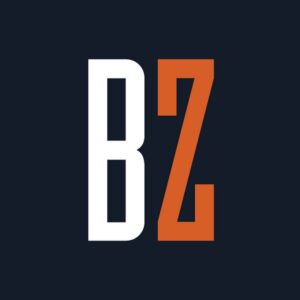
4. Bandzoogle
Bandzoogle was founded in 2003 by musician Chris Vinson who wanted to create a platform specifically for bands to build their online presence. The platform has evolved to become one of the most comprehensive website builders designed exclusively for musicians, with built-in tools for selling music, merchandise, and tickets without commissions. Bandzoogle’s emphasis on mobile-responsive design ensures fans can access and purchase content across devices. The platform’s music-first approach is evident in its feature set, which includes EPK (Electronic Press Kit) creation, mailing list management, and integration with streaming services.
Pros:
- Commission-free sales for music, merch, and tickets.
- Customizable, mobile-responsive website templates tailored for musicians.
- Built-in SEO tools and audience analytics.
Cons:
- No free plan; pricing starts at $6.95/month and is limited to only 10 tracks.
- Limited third-party integrations compared to broader e-commerce platforms.
Price Range: $6.95–$19.95/month.
Commission Fees: 0%.
Price Flexibility: Artists set prices for all items.
Additional Sales Options: Physical/digital merch, tickets, and subscriptions.
Discoverability: Relies on artist marketing; no native fan discovery features.
Song Previews: Yes; artists can upload full tracks or snippets.
Withdrawal Speed: 3–7 business days via Stripe/PayPal.
Unique Features: Crowdfunding from fans and fan membership subscriptions.
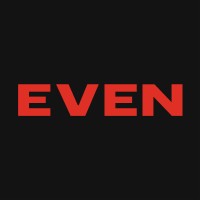
5. EVEN
EVEN emerged as a next-generation D2C platform focused on helping artists monetize their most dedicated fans through premium early access to music. The platform was developed with the specific goal of addressing the revenue gap created by streaming’s micropayment model, connecting artists directly with fans willing to pay more for exclusive content. EVEN’s approach emphasizes building deeper relationships with existing fans rather than broadening reach to casual listeners. The platform stands out for its daily payout structure and focus on fan data ownership, recognizing these as crucial elements for independent artists’ financial sustainability.
Pros:
- Daily payouts and full ownership of fan data.
- Supports 22 global payment methods and over 135 currencies
- Premier music releases before streaming platforms to incentivize fan purchases.
Cons:
- 20% revenue share on sales.
- Requires existing fan base for effective monetization.
Price Range: Free for artists.
Commission Fees: 20% per transaction.
Price Flexibility: Artists set prices and quantities for releases.
Additional Sales Options: Exclusive content bundles (“Access” passes).
Discoverability: Fans can browse to explore artist releases. Focuses on deepening artist-fan relationships rather than new audience acquisition.
Song Previews: N/A
Withdrawal Speed: Daily.
Unique Features: “Access” bundles (e.g., early releases, exclusive content) and direct fan communication tools.

6. Bandcamp
Bandcamp launched in 2008 as an artist-friendly alternative to traditional music distribution channels, quickly gaining popularity among independent artists for its fair revenue split and community-oriented approach. The platform pioneered the “name-your-price” model that allows fans to pay more than the minimum price if they choose to support the artist. Bandcamp’s discovery features and editorial content through Bandcamp Daily have helped countless independent artists find new audiences. The introduction of Bandcamp Fridays in 2020, where the platform waives its fees on the first Friday of each month, further solidified its reputation as an artist-friendly service.
Pros:
- Artist-friendly revenue share (85/15 split).
- “Name-your-price” option for digital music.
- Strong community support, especially on Bandcamp Fridays.
Cons:
- Limited customization for storefronts.
- No subscription plans for recurring revenue.
Price Range: Free with revenue share; optional Bandcamp Pro subscription for $10/month.
Commission Fees: 15% on digital music sales, 10% on merchandise sales.
Price Flexibility: Flexible pricing, including pay-what-you-want.
Additional Sales Options: Merchandise, vinyl, and limited editions.
Discoverability: Built-in fan discovery through browsing/searching experience, Bandcamp Daily editorial content, and Bandcamp Radio.
Song Previews: Full-track streaming before purchase.
Withdrawal Speed: 24–48 hours.
Unique Features: Bandcamp Fridays (fee waivers) and fan funding tools.
Overall Comparison
Pricing Models
- Subscription-Only: Official Artists (not listed), Big Cartel ($15/month), Bandzoogle ($6.95/month).
- Commission-Only: Bandcamp (15%), EVEN (20%).
- Both: EngineEars ($5/month or 10% commission).
Payout Speed
- Fastest: EVEN (daily).
- Slowest: Bandzoogle (3–7 days), Official Artists (unclear), EngineEars (7 days).
Audience Growth vs. Monetization
- Community Building: EVEN, Official Artists, and EngineEars emphasize fan relationships through exclusive content and automation.
- Broad Sales Focus: Big Cartel, Bandcamp, and Bandzoogle suit artists selling diverse physical/digital products.
Unique Selling Points
- EngineEars Direct: Make music (record, mix, master songs), release music (streaming distribution), and monetize music (royalties + sell to fans).
- Official Artists: All-in-one marketing automation and retargeting.
- Big Cartel: Where creators can easily open an online store.
- Bandzoogle: All-in-one website builder to promote and sell music to fans.
- EVEN: Premier releases and get access before it’s available on streaming.
- Bandcamp: Fan-driven pricing and discovery features.
Recommendations for Independent Artists
Selecting the right D2C platform is a decision that should align with your specific career stage, monetization strategy, and audience engagement goals. The ideal platform varies based on whether you’re prioritizing revenue maximization, audience building, or creating a comprehensive brand experience. Your choice should consider not only the immediate financial implications like fees and pricing models, but also the long-term value proposition each platform offers for sustainable career growth, and how easy it is to learn and use the tools.
- Prioritize Fan Relationships: Choose EVEN or Official Artists to monetize superfans with exclusive content and behind the scenes access.
- Sell Diverse Products: Use Big Cartel or Bandzoogle for physical merch and tiered pricing.
- Leverage Existing Audiences: EngineEars and Bandcamp remain ideal for most artists with established followings seeking flexibility.
Remember that platform selection isn’t necessarily an either/or decision—many successful independent artists maintain presence across multiple platforms to leverage the unique strengths of each. Regularly reassess your D2C strategy as you release new music, ensuring your chosen platforms continue to serve your artistic and audience objectives effectively.
Closing Thoughts
The D2C landscape empowers independent artists to bypass traditional intermediaries, but choosing the best platform hinges on balancing costs, selling flexibility, payout speed, ability to engage fans, and tools for audience discovery.
Ultimately, the platform that best serves your needs depends on your unique artistic goals, audience characteristics, and business model. By thoughtfully selecting and continuously optimizing your D2C strategy, you position yourself to thrive in today’s artist-empowered music ecosystem, where direct connections and purchases from fans can translate to sustainable careers independent of industry gatekeepers.
Given the many options, Bandcamp stands as the most versatile option for independent artists on their music monetization journey. However, EngineEars Direct provides an affordable alternative that balances fan-direct sales with streaming distribution to grow audiences and diversity revenue potential. Besides EngineEars being easy-to-use, it is further complemented by a comprehensive platform for indie artists to also make their music, release their music, and promote their music.
For today’s independent musicians, taking the time to reflect on your own goals can go a long way towards how you release and sell your music, and sustainably thrive in today’s fragmented music economy.
